Talk Overview
Humans are bad at detecting weak signals in the environment, for example sensing pollutants in the area or toxins in drinking water. Most instruments that have been developed to detect such signals are very expensive and cannot be used in day-to-day lives. Using synthetic biology, inexpensive and efficient biosensors can be created to detect weak signals and create a response that humans can detect, such as emitting light. Using engineering principles and robotics, the Synthetic Biology in Action participants describe the steps they used to optimize a biosensor to sense an environmental input and create the maximal response possible.
About the Speaker
Angela Carvalho, PhD student at Evolva
Lauri Reuter, PhD student at the VTT Technical Research Centre of Finland
Claudia Wehrspaun, PhD student at Oxford University
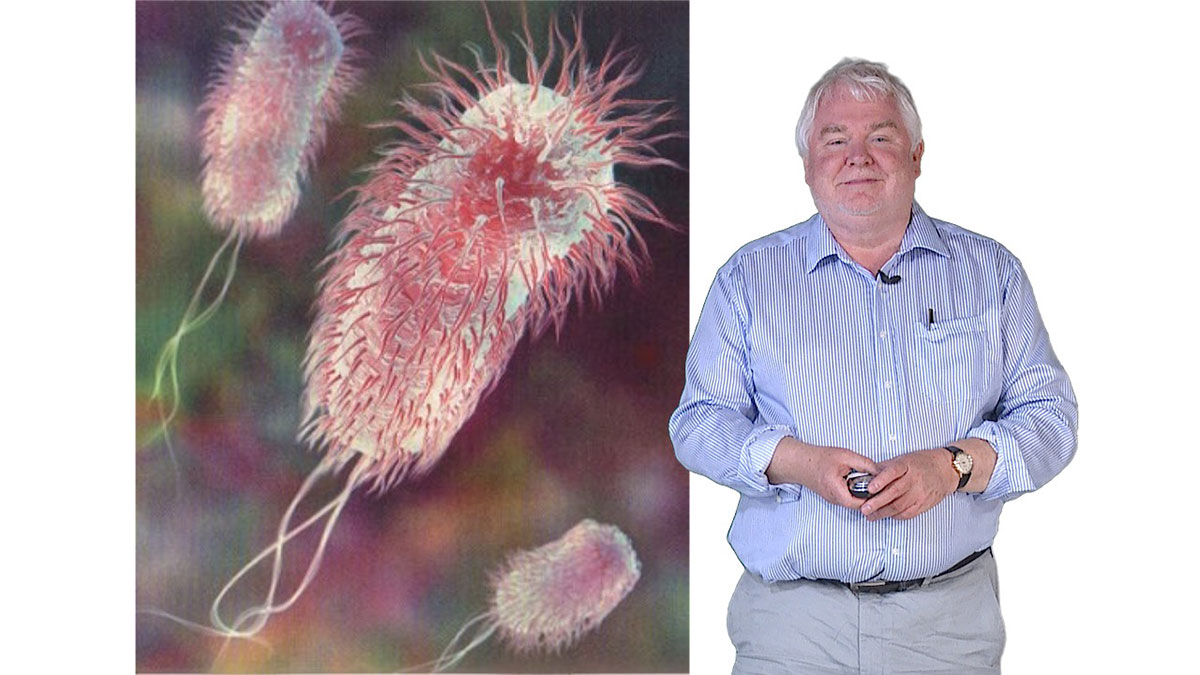
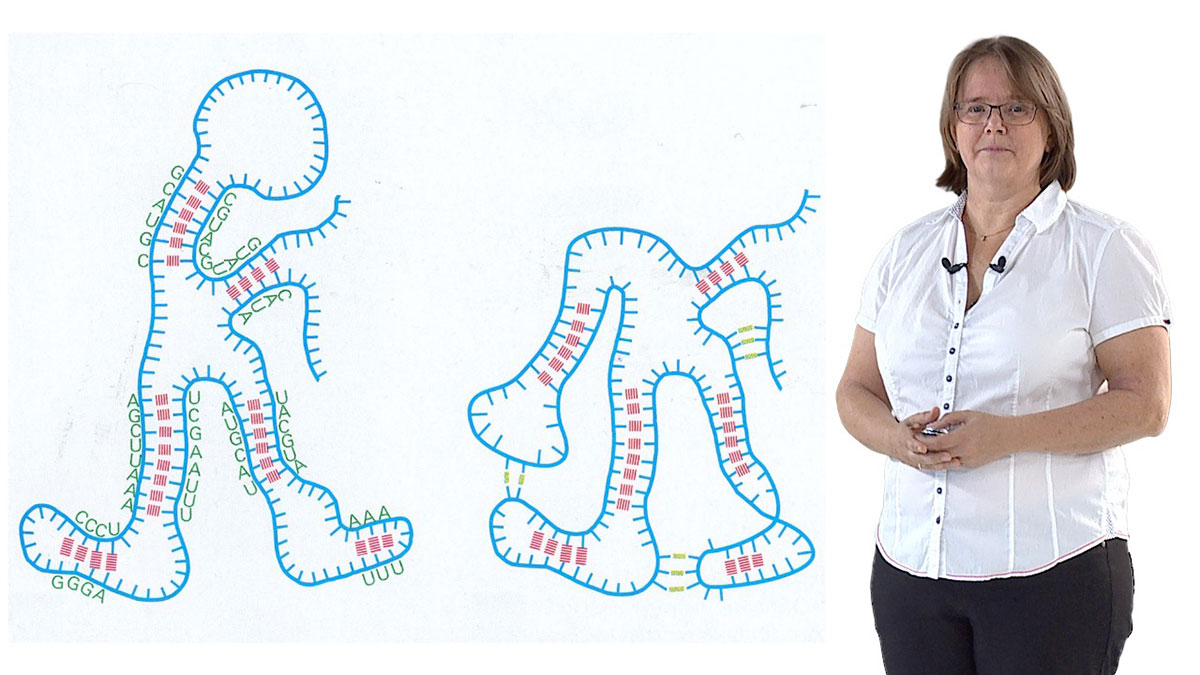
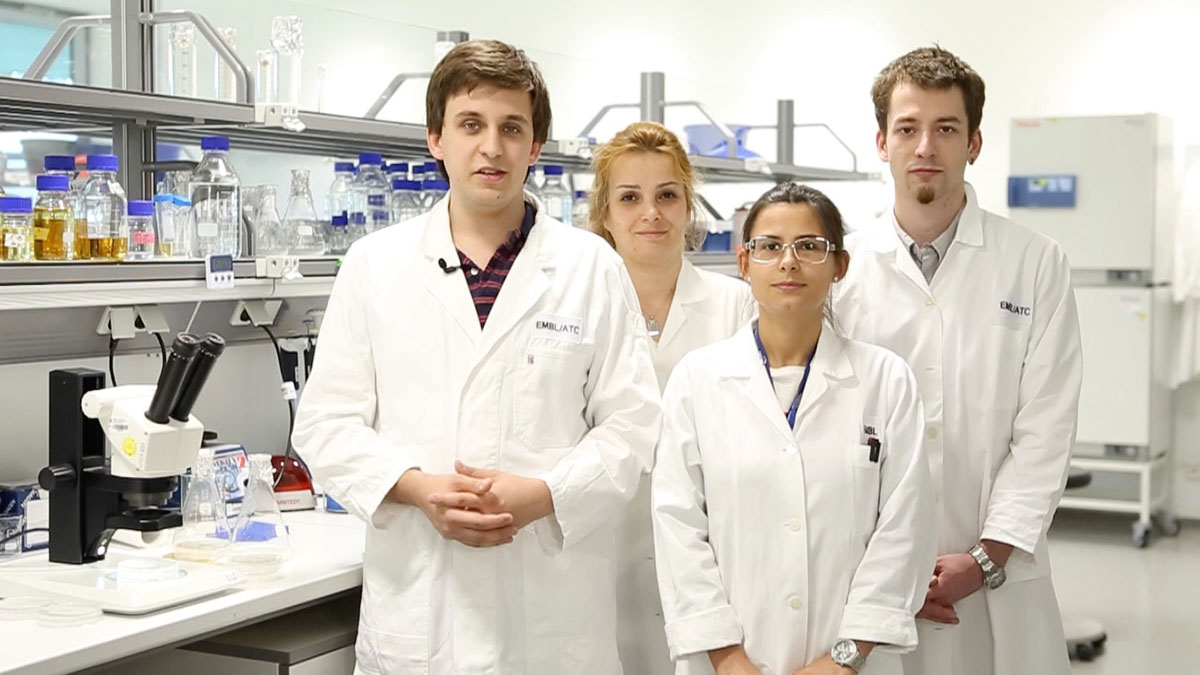
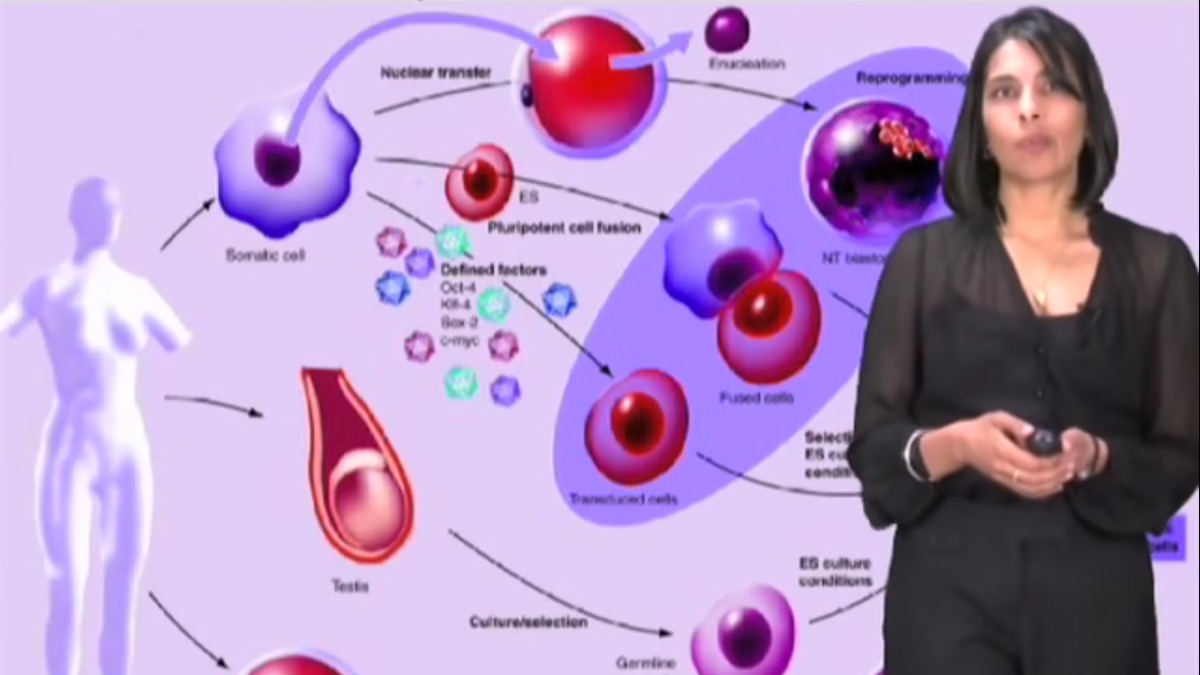
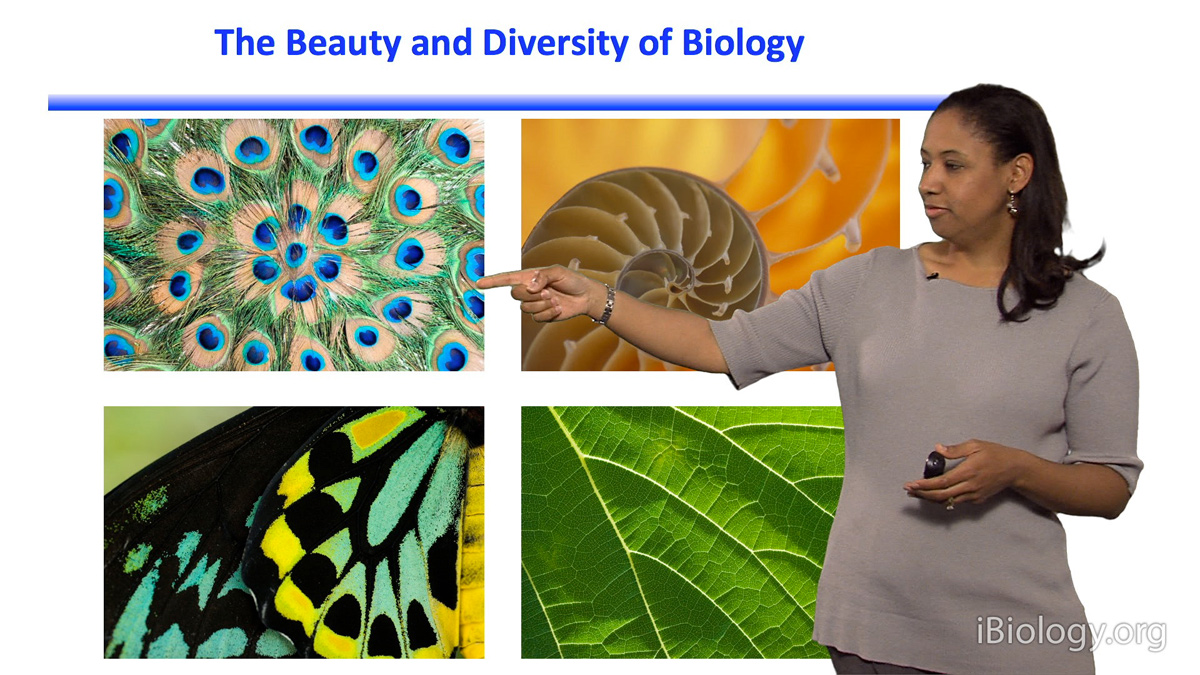
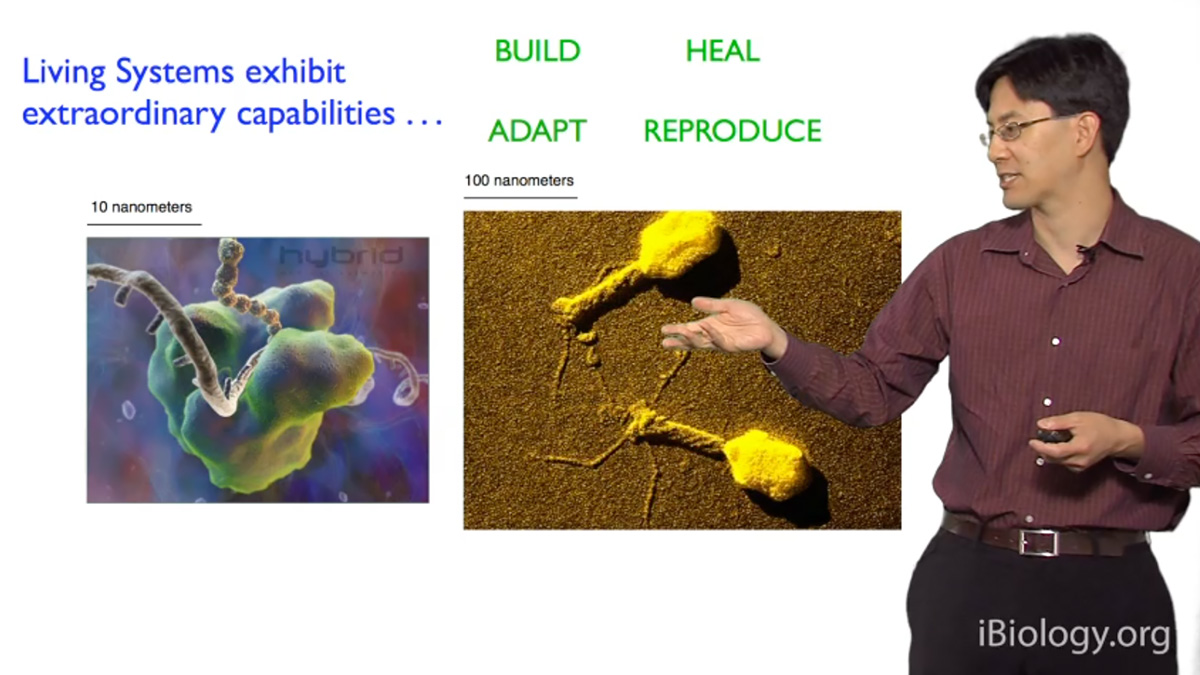
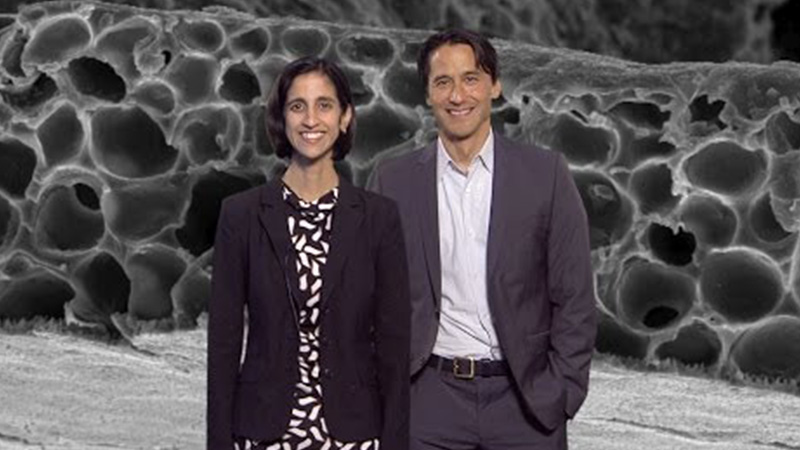





Leave a Reply